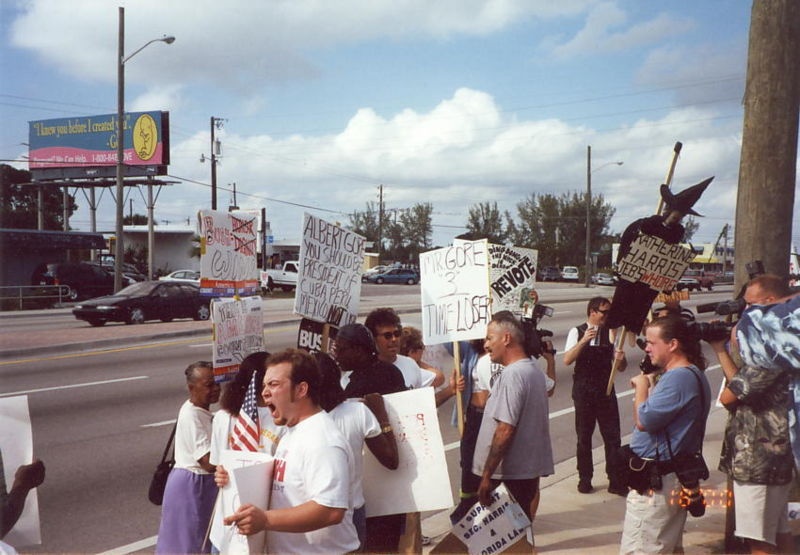Recounting in the battleground states

With the latest polls showing the presidential race to be in a virtual deadlock nationally, recount procedures could play an important role in determining the final outcome.
To understand how those recounts would work, the Brennan Center for Justice at NYU School of Law has released a report providing an overview of recount procedures in 10 key battleground states: Colorado, Florida, Iowa, Nevada, New Hampshire, North Carolina, Ohio, Pennsylvania, Virginia and Wisconsin.
Some of the key findings:
* Recount triggers: In four of those states, automatic recounts take place when the margin of victory is less than a specified percentage of the total vote. The threshold for Florida, Colorado and Pennsylvania is 0.5 percent, while Ohio's is 0.25 percent. (However, the latest polling shows Romney with a 5-point lead in Florida.) Elsewhere, candidates have the right to request a recount at a certain vote margin. In North Carolina, it's when the margin is 0.5 percent of the total votes cast or fewer than 10,000 votes, whichever is less. In Virginia, an apparent defeated candidate may apply for a recount if the difference between him and the apparent winning candidate is 1 percent or less of the total votes cast for the two.
* Recount completion dates: In Florida, the recount must be completed within 12 days of the general election. But in other states including Ohio, the recount must be completed by Dec. 17, when presidential electors vote.
* Machine counting: In most states, the initial recount is conducted primarily or entirely by machine. But in Virginia, Pennsylvania and Colorado, many citizens will vote on machines without paper records. That means "there will be no independent voter-verified paper record to check against the software tally of votes," the report notes.
* Overvotes and undervotes: Votes the machines can't read either because they detect too many votes in one contest (an overvote) or no vote (an undervote) are often the subject of recount disputes. In 2008, Florida experienced an unusually high number of overvotes, particularly in populous Miami-Dade County.
* Provisional ballots: Used to record a vote when there are questions about a voter's eligibility, provisional ballots are often the subject of litigation in tight recounts -- and hundreds of thousands are estimated to have gone uncounted for technical reasons in the 2008 and 2010 general elections. Tens of thousands of provisions ballots were cast in recent elections in battleground states including Florida and North Carolina, and they will be again this year.
* Absentee ballots: The 10 battleground states examined in the Brennan Center report rejected a total of 87,396 absentee ballots in the 2008 election. Among the reasons was a voter's failure to properly fill out the ballot envelope. At least six states including Florida will continue to count military and overseas absentee ballots after Election Day as long as they were postmarked by Nov. 5 or 6.
To download a copy of the Brennan Center's report, click here.
(Photo of a protest in Palm Beach County, Fla. during the 2000 presidential recount by Dtobias via Wikipedia.)
Tags
Sue Sturgis
Sue is the former editorial director of Facing South and the Institute for Southern Studies.
